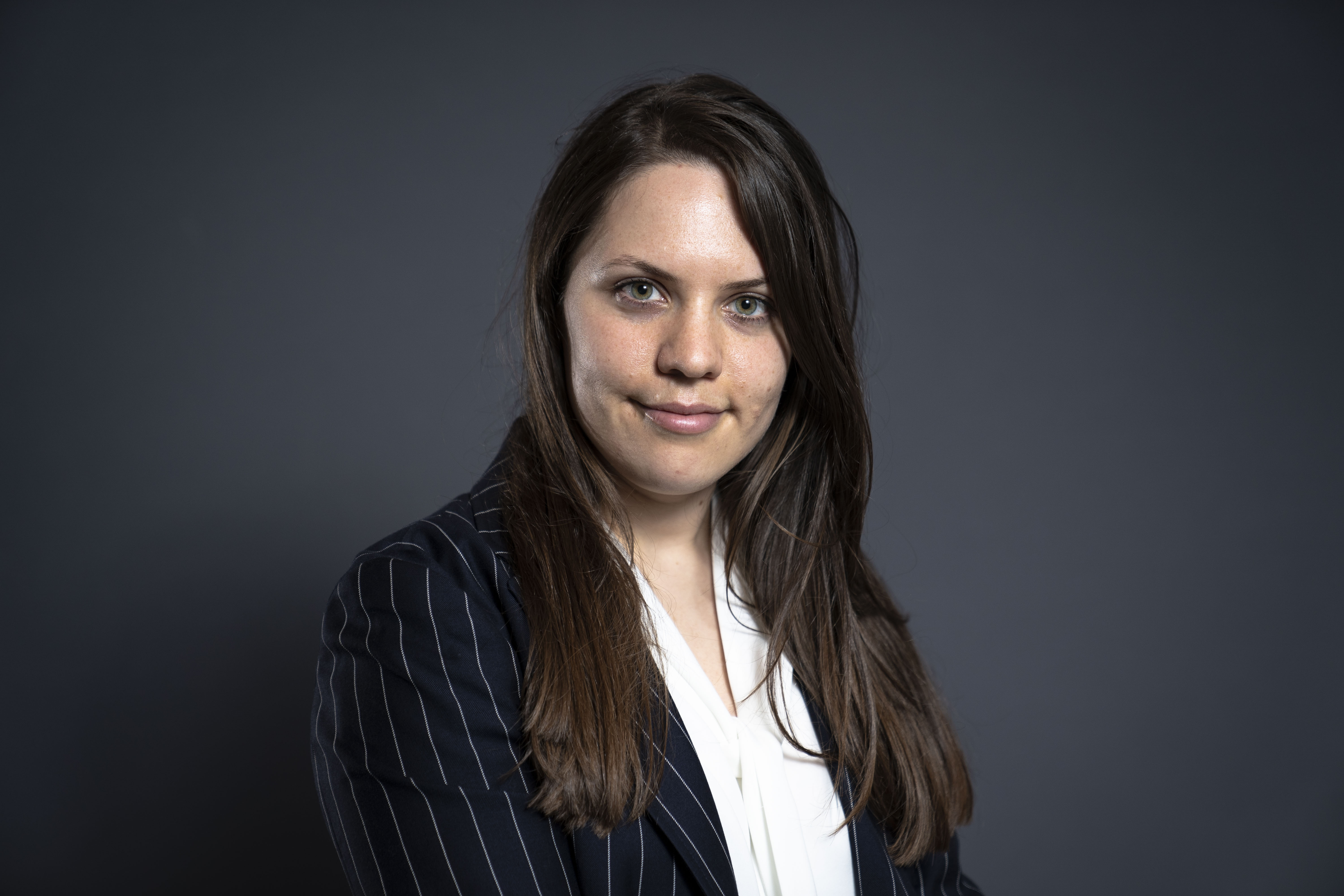Isabelle Augenstein
Research leader

Project title
Learning to Explain Attitudes on Social Media (EXPANSE)
What is your project about?
The goal of EXPANSE is to develop transparent machine learning methods that can detect if attitudes voiced on social media about certain targets (e.g. people, events) are positive, negative or neutral — and reveal the underlying reasons for such attitudes. To do so, the project will take an interdisciplinary approach, combining natural language processing research with sociological theories.
How did you become interested in your particular field of research?
I’ve always been fascinated by languages, having been an avid reader from a young age. As a teenager, I further became interested in computer science and changed secondary schools so that I could specialise in this subject early on. I then studied Computational Linguistics for my Bachelor’s and have been hooked ever since. I am lucky in that methods developed by my field, while having seemed like science fiction only a couple of decades ago, are now part of our everyday lives — from relatively simple tools like grammar checkers to more advanced ones like personal digital assistants.
What are the scientific challenges and perspectives in your project?
While some state their attitudes explicitly, people more than often do not, especially on social media. This makes it very challenging to, on one hand, detect what target the attitude is referring to and, on the other, detect the polarity of an attitude. Revealing the underlying reasons for attitudes is also very non-trivial. Most existing explainable AI approaches simply aim to explain how an attitude is expressed, but not why. The latter requires a deeper understanding of people and context — something I hypothesise sociological theories will help to shed a light on.
What is your estimate of the impact, which your project may have to society in the long term?
My project will develop methods that, on one hand, will be able to detect attitudes automatically, in a much more fine-grained and transparent way than possible today, and on the other hand, will allow for large-scale data-driven verification of sociological theories related to attitudes voiced. These methods can then also be applied for market research or to monitor public attitudes during large political events such as elections.
Which impact do you expect the Sapere Aude programme will have on your career as a researcher?
Leading a project team of several researchers to work towards a common goal will allow me to pursue my research vision and compete with the best groups worldwide in my field. Natural language processing is advancing at a high speed, and it can be difficult to get research, especially on novel methodologies, published quickly, done before it is rendered outdated. Long-term funding for a team of PhD students and postdocs is essential to get ahead of the game. The interdisciplinary component of the project will allow me to strengthen my existing collaborations and help me grow as a researcher — to not just be known as an expert in my field, but beyond that — and tackle interesting societal problems.
Background and personal life
I am from Southern Germany and spent a few years in the UK as a PhD student and Postdoc before moving to Denmark with my partner and cat in the wake of the Brexit referendum to take up a faculty position at the University of Copenhagen. In my free time, I enjoy doing taekwondo, kayaking and relaxing on the sofa with a good book.
View all research leaders here
Research institution
University of Copenhagen, SCIENCE, N/A
Research field
Natural Language Processing
City of your current residence
Copenhagen
High school
Heinrich-Wieland Schule, Pforzheim, Germany
